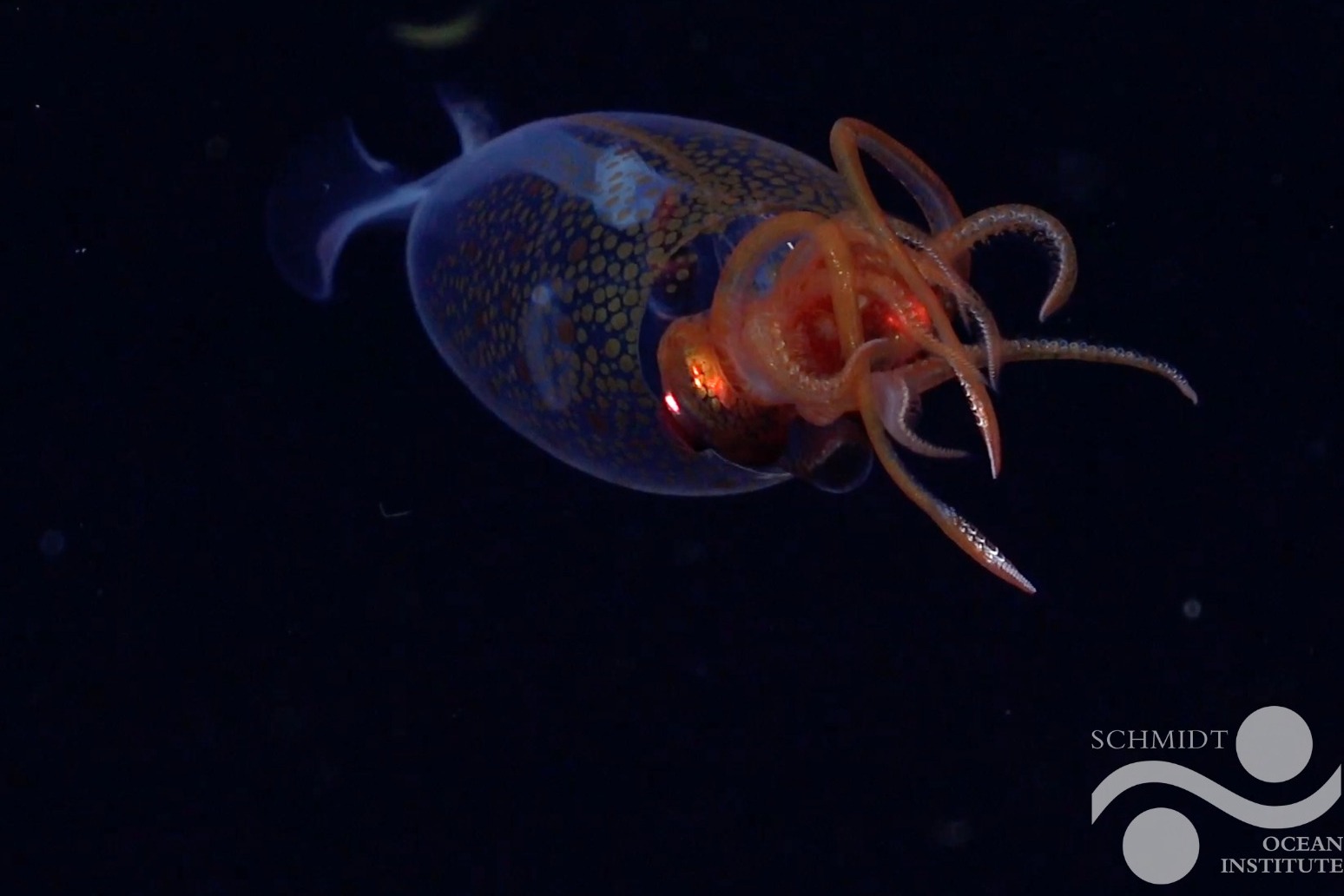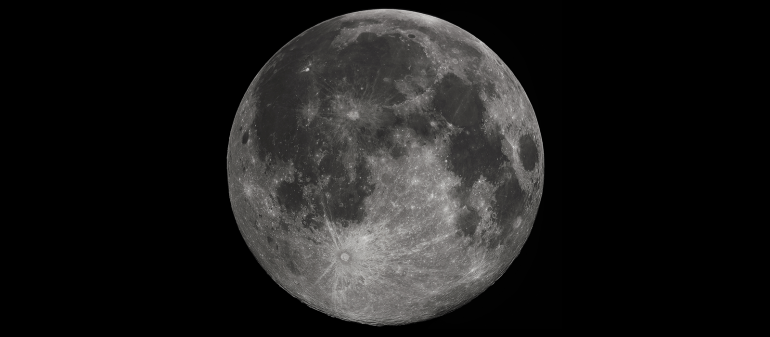Listeners:
Top listeners:
-
 play_arrow
play_arrow
Rother Radio (128K) Love Local, Love Music!
-
 play_arrow
play_arrow
Rother Radio (64K) Love Local, Love Music!
-
 play_arrow
play_arrow
Rother Radio (Doncaster) (128K) Love Local, Love Music!
-
 play_arrow
play_arrow
Rother Radio Xmas Love Local, Love Music!
-
 play_arrow
play_arrow
Rother Radio – Special Announcement Love Local, Love Music!
Colossal squid filmed alive for first time since its discovery a century ago
today16/04/2025


A colossal squid has been filmed alive in the wild for the first time, 100 years after the species was discovered.
The rare footage was captured on March 9 by Schmidt Ocean Institute’s remotely operated vehicle SuBastian, at a depth of 600 metres off the South Sandwich Islands in the Atlantic Ocean.
The juvenile squid, around 30 centimetres long, is the first confirmed sighting of a living Mesonychoteuthis hamiltoni in its natural habitat.
Colossal squid are thought to grow up to seven metres and weigh as much as 500kg, making them the world’s heaviest invertebrate.
Until now they have been seen only dead – washed up or in the stomachs of predators such as whales.
“It’s exciting to see the first in situ footage of a juvenile colossal and humbling to think that they have no idea that humans exist,” said Dr Kat Bolstad, who helped verify the footage.
The discovery came during a 35-day ocean census expedition – part of a global project to find and record new marine life.
The mission involved Schmidt Ocean Institute, the Nippon Foundation–Nekton Ocean Census, and research teams from the UK and Germany.
Experts confirmed the juvenile squid by its transparent body and arm hooks, which help distinguish it from similar species such as the glacial glass squid (Galiteuthis glacialis).
The glacial glass squid was also filmed alive for the first time on a previous Schmidt Ocean Institute expedition in January, in the Bellingshausen Sea off Antarctica.
“The first sighting of two different squids on back-to-back expeditions is remarkable,” said the Institute’s executive director, Dr Jyotika Virmani.
“It shows how little we’ve seen of life in the Southern Ocean.”
To date, the Institute’s ROV SuBastian has recorded the first confirmed footage of at least four deep-sea squid species, with another still awaiting identification.
“These unforgettable moments remind us how much of the ocean remains unexplored,” Dr Virmani added.
Show less Published: by Radio NewsHub
Written by: Radio News Hub
Similar posts
Now Playing
Now playing: -
On Air Now

Through The Night
The Best Variety of Hits Through the Night!
Staying up late or can't sleep? Rother Radio plays the best variety of music to see you through the night!
closeSponsored
Weather
Upcoming Local Event
Latest from Facebook
Search Rother Radio
Contact Us
- https://www.rotherradio.co.uk
- 01709 257 175
- studio@rotherradio.co.uk
About Us
Rother Radio – Love Local, Love Music! → Discover more
Our Partners
Rother Radio is owned by Rotherham Broadcasting CIC







